Great Monuments Lecture Series
Monuments have been constructed throughout history—but why, how, and to what end? Join acclaimed Penn faculty and invited special guests of our acclaimed lecture series as they examine the definition of a monument, what monuments of the past mean to the world today, whether they hold deeper or changed significance than when they were first created, if their purposes have shifted over time, and many more questions. Lecture topics range from ancient Mesopotamia, Egypt, and Rome, to contemporary themes and monuments.
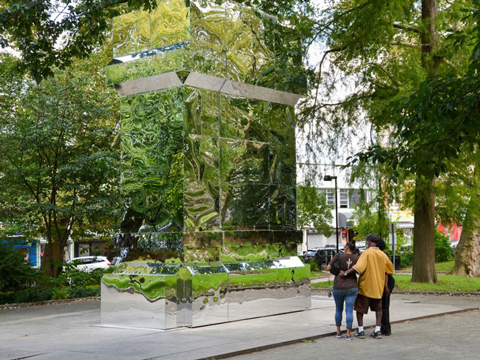
Length: 36:17
Topple: The Reckoning and Re-Imagining of Contemporary Monuments
As America in the throes of a historical reckoning over its monuments during its most volatile election year in memory, Farber explores how democracy lives and languishes through its sites of memory. By focusing on current and former monuments in Phi...
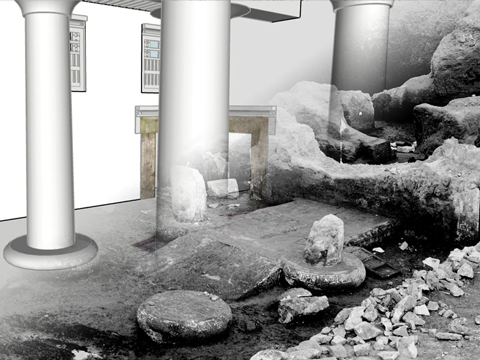
Length: 46:29
The Palace of Pharaoh Merenptah: Examining an Archaeological “Cold Case”
As part of his coronation ceremonies, Pharaoh Merenptah (reigned ca. 1213–1203 BCE) built a ceremonial palace complex at Egypt's political capital, Memphis. This building was excavated by Clarence Fisher for the Penn Museum between 1915 and 192...
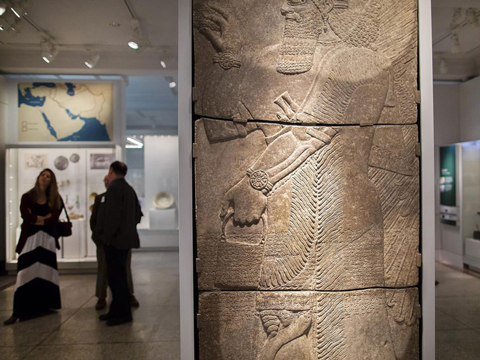
Length: 59:24
The Lasting Legacies of Mesopotamia: Ideas, Monuments, Images
Many of the fundamental cultural features of modern western societies have their origins in the civilizations of Mesopotamia, which flourished from 3000 to 323 BCE in the land between the Tigris and Euphrates Rivers, now modern Iraq. This explorati...

Length: 35:27
You Want a Confederate Monument? My Body Is a Confederate Monument
Monuments can be more than buildings or structures. Caroline Randall Williams—author of the powerful New York Times Opinion piece “You Want a Confederate Monument? My Body Is a Confederate Monument,” which grabbed international attention as a r...
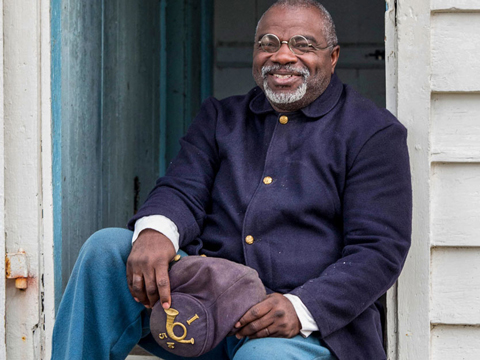
Length: 1:18:23
Slave Dwellings, Monuments, and the United Daughters of the Confederacy
The history of America can be told through the buildings we preserve and the monuments we raise. For decades, that history has been revisionist. This lecture examines how iconography bolsters White supremacy and privilege. Joseph McGill, Jr., is a...
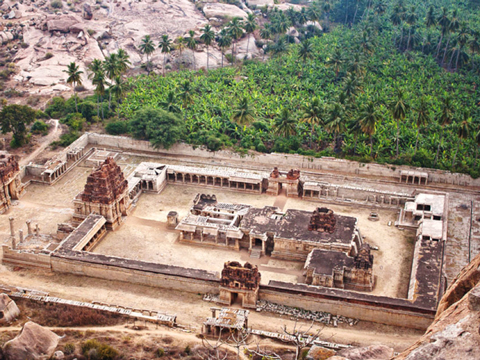
Length: 47:26
Commemoration and Monument in Medieval India
What makes some kinds of objects, places, or symbols especially effective claims on history, heritage, and identity? Monuments were only one part of a larger set of features and practices associated with commemoration and memory in precolonial South ...
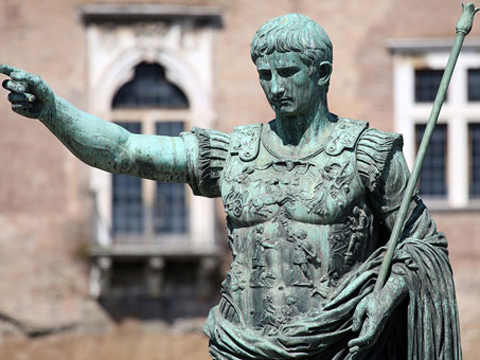
Length: 55:48
The War Memorials of Imperial Rome
Among the most characteristic features of ancient Rome are the war memorials that celebrated Roman victory throughout the Mediterranean, Europe, and the Middle East. Triumphal arches, monumental narrative columns, and large-scale battle paintings dom...
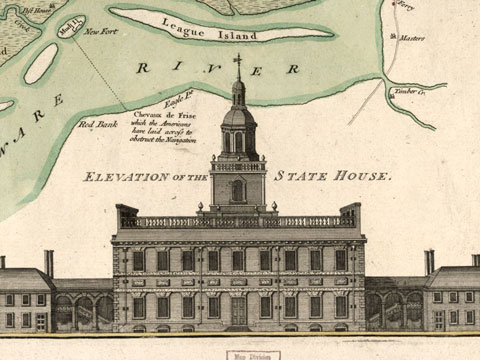
Length: 56:20
Building Monuments, Monumentalizing Buildings
What makes a building a monument? Some of the buildings that hold the most meaning for us, including Independence Hall, were not built to be monuments. What monumentalized them? And some of the most ambitious programs to build monuments, like Philade...
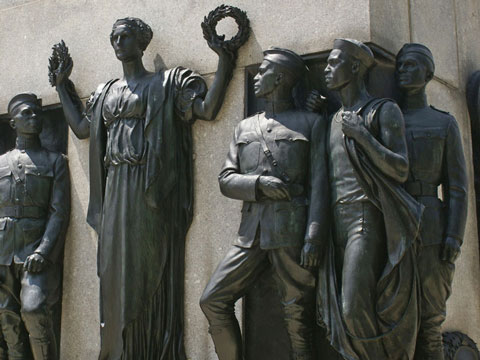
Length: 58:01
Then and Now: Monuments, Memorials and Public Art
As symbols of collective memory, monuments and memorials have had very different meanings to those who erect them and those who inherit them. Complicated, controversial, and often confounding, public art is a tangible part of our public history and o...

